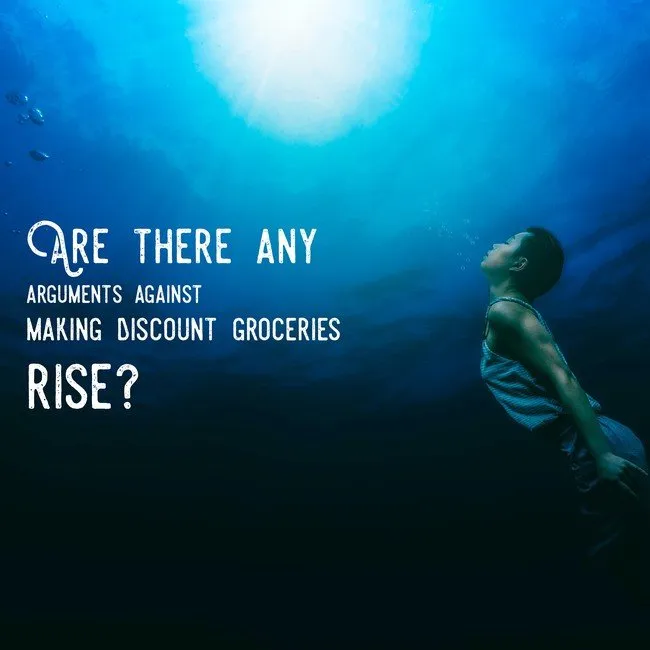
Thanks, Inspiro, for a thoughtful message.
Let's say that Johnny wants to sell lettuce at $0.36 because that is profitable for him. However, there's this woman called Susan who has a more "efficient" farm that can make more lettuce for less effort. She starts selling at $0.25. Johnny can't compete. Does Johnny leave the market and do something else, or does he change his strategy?
Many businesses, seeing unfavorable competition, cannot compete fair and square. Johnny might say, for example, that the only way he can sell is if he sells at $0.25 too, or even $0.20 so that people will consider him. Why would he want to sell cheaper? Because the only way he sees to compete in price is by reducing production costs, which in a less efficient farm will probably mean lowering quality.
If one $0.25 lettuce is lower quality than the other similarly priced $0.25 lettuce, people will go for good quality, but now that he has reduced quality, he can just walk the walk and lower it a bit more to truly compete. That's why he can decide to lower it a bit more and sell at $0.20, knowing that the budget buyers will walk to his side of the market to purchase more with less.
He can do that, or he can market his goods as 'organic' and 'home-grown' due to the lack of industrialization to his business. People would willingly pay more for high-quality home-grown agricultural goods.
In fact, he could raise the price. And seeing that the overall market price is increasing, Susan could also raise her prices from $0.25 to $0.32, for example, and make more money. But would people buy less because they can't afford lettuce anymore? Dunno I'm not an economist.